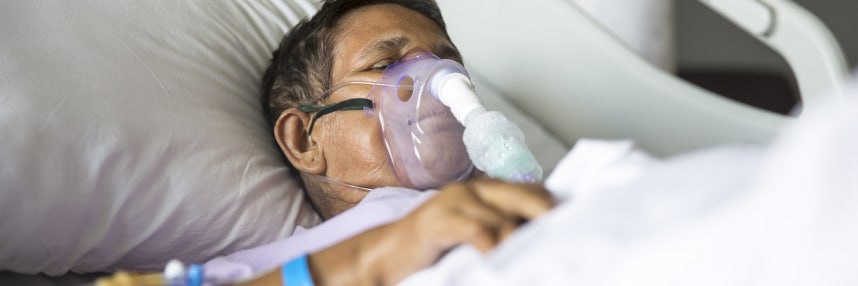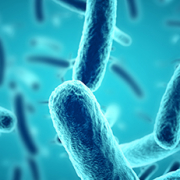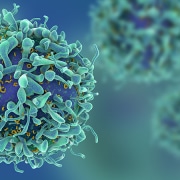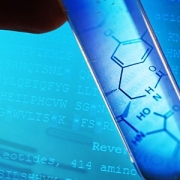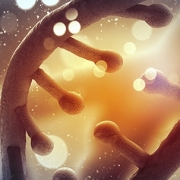Covid-19: what’s in the genes?
We take a look at the latest developments in our understanding of the role of the human genome when it comes to disease severity
One of the things about SARS-CoV-2, the virus which causes Covid-19, that is most concerning to experts around the world is that it has such profoundly different effects on different people: for some, the disease goes unnoticed, while for others it sadly proves fatal.
While there are known risk factors, such as age and pre-existing health conditions, these do not tell the full story, and this has led scientists to hypothesise that something in our genes could be at play.
The role of interferons
Two studies published in Science, by the COVID Human Genetic Effort, have highlighted the important role of type 1 interferon, a protein that activates immune cells when infection is detected.
The first study began by sequencing the genomes of over a thousand Covid-19 patients: 659 who were severely affected and 534 who had experienced only mild symptoms. When comparing the two sets of genomes, it became apparent that many people who had been severely ill with Covid-19 had variants in the gene that codes for type 1 interferon that resulted in the production of greatly reduced levels, or no interferon at all.
The authors suggested that the lack of interferon would slow the immune response to the virus, allowing the infection to become better established before the body started to fight back.
The second study showed that over 10% of people who had been severely ill with Covid-19 had autoantibodies working against their own interferon. In other words, their own immune system was neutralising the interferon, making it ineffective. None of the people who had mild or asymptomatic Covid-19 infections had these autoantibodies.
The researchers suggest that this finding could explain why men are more likely to become severely ill from Covid-19 than women. They suspect that mutations on the X chromosome could be responsible for the autoantibodies, and thus women (who have two X chromosomes) have a second copy of the gene which can compensate if one is affected.
The research could have direct clinical application: if hospitalised Covid-19 patients could be tested for autoantibodies and interferon levels, they could be given plasma or interferons if necessary.
Neanderthal ancestry
A different study, published in Nature has identified a stretch of DNA containing several genes that appears to triple the risk of developing severe Covid-19. People with the gene cluster on chromosome 3 have a higher risk of hospitalisation and respiratory failure after infection with SARS-CoV-2.
The finding is particularly interesting, as the gene cluster appears to have been passed down unaltered from Neanderthals to modern humans. Because of this, the sequence is virtually absent in African populations but is found in around 16% of Europeans and 30% of South Asians. The sequence was most common in people from Bangladesh (63%), which may help explain why people in the UK with Bangladeshi heritage are more likely to die of Covid-19 than the general population.
One of the genes is known to be involved in immune responses and another is associated with the way in which the virus invades human cells. More research is needed to understand exactly how the group of genes affects the severity of Covid-19 symptoms, and to identify treatment strategies to mitigate its effects.
–


